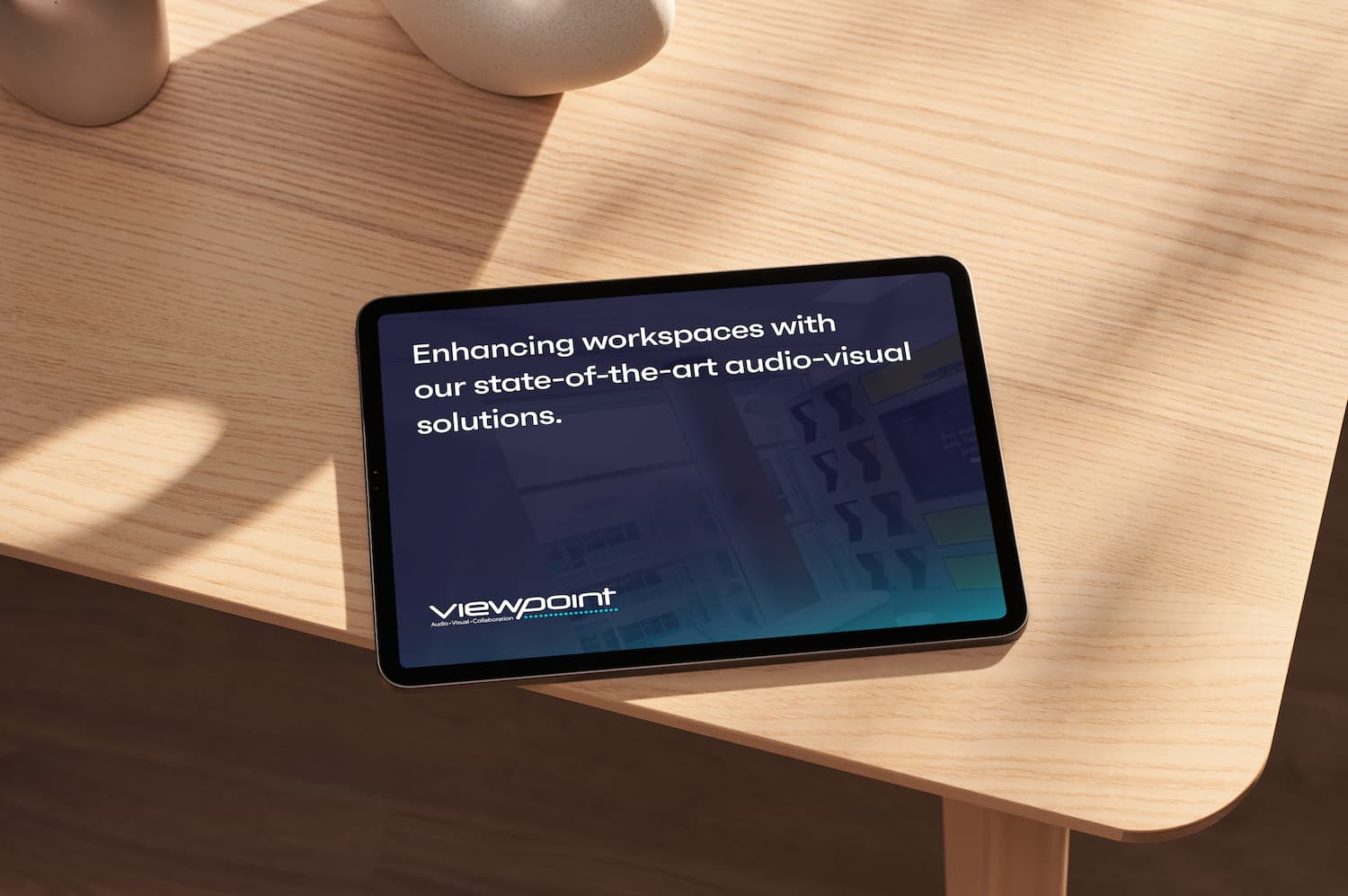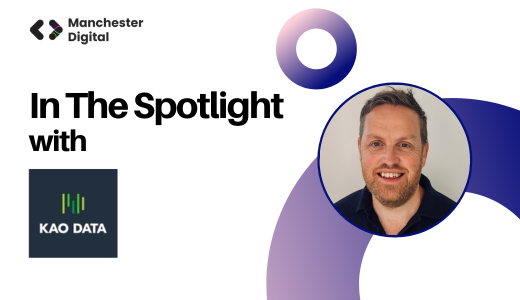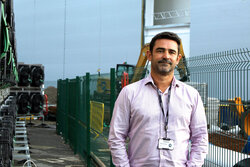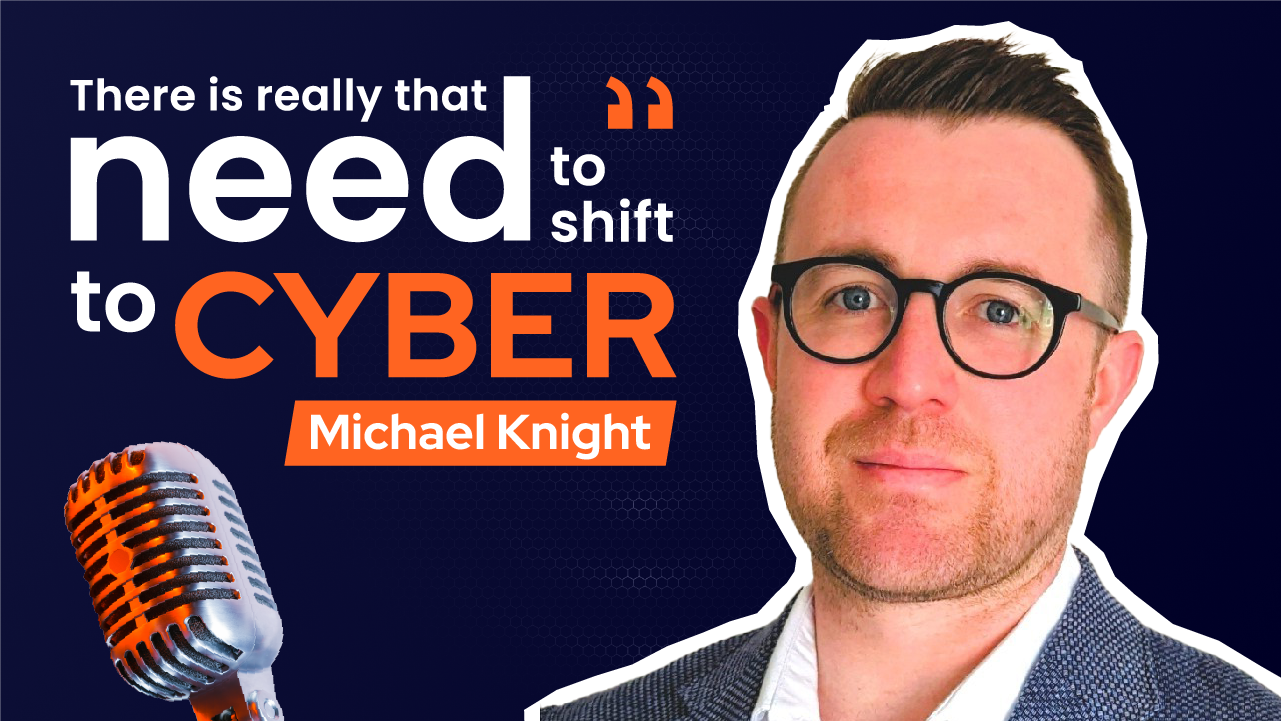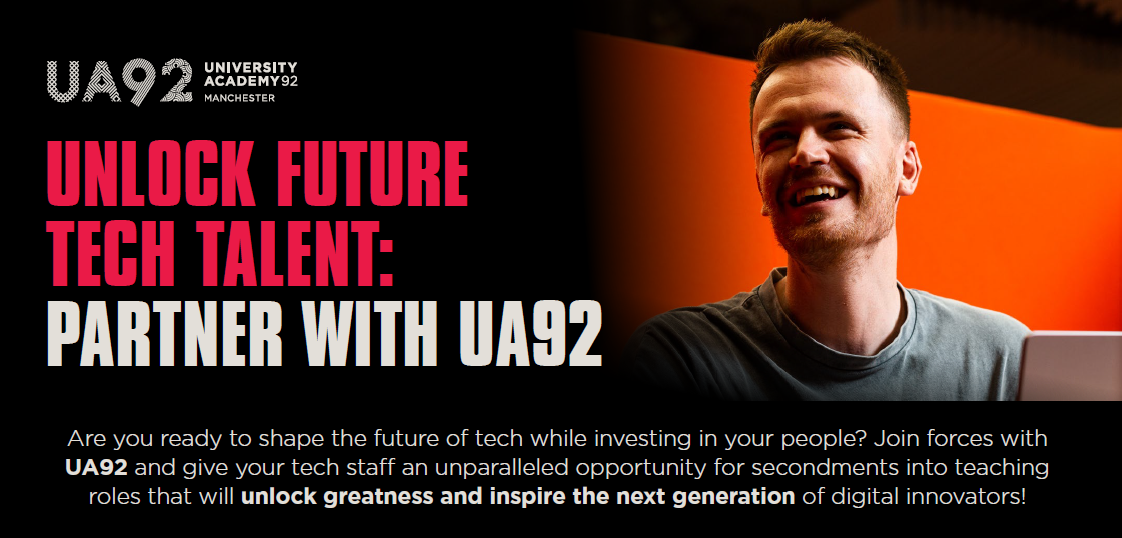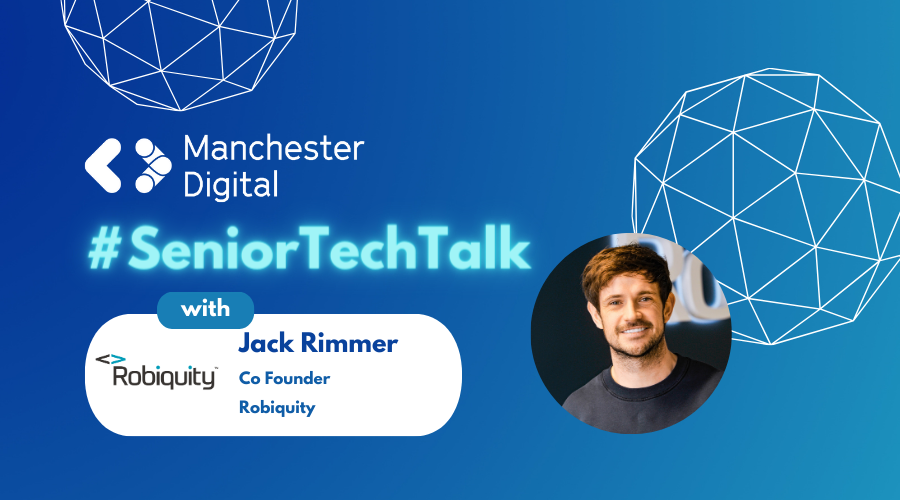
Robiquity’s mission is to enable businesses and their people the time to fulfil their core purpose. They do this by rethinking the way that work is done, transforming siloed teams, functions and systems into streamlined end-to-end processes.
We sat down with Jack Rimmer, Co-Founder at Robiquity for the latest Senior Tech Talk as we discussed their journey over the past few years, experiences of scaling a business in Manchester and his advice for other founders out there.
Can you tell me the story of how you started Robiquity? What motivated you to launch this company?
The motivation was really entrepreneurial ambition I suppose. I’d always wanted to run my own business, and then the motivation when we started out was fueled by the fact that we spotted an opportunity. There was a gap in the market and we felt as though we were able to give it a go.
We set the business up originally looking at how we can take people with the right sort of raw skills to become automation specialists, so essentially graduates or applicants who had done the right sort of degree or training, and then upskill and place them out into the world of robotics. That was the start of the business.
How has Robiquity evolved over time since you first founded it and what key milestones have you achieved?
I would say it’s evolved massively. When we first started, we were making money by selling training to both end user clients and to what’s called the “partner community”, which is the systems integrators and consulting businesses.
We saw that develop as we moved from training to training plus mentoring, and then starting to take a lead role or position on project. Eventually pivoting the business in about 2019 to purely project services, delivery and more recently managed services.
As we did this, we grew in confidence and we were able to deliver in the knowledge that we actually had. Our reputation started to help us open doors that we wouldn't have been able to open a few years prior.
Now, if you look at the business, we still have that backbone of enabling clients to leverage automation, but we’re facilitating through a variety of routes But we do that as part of an end-to-end service.
We help our customers identify opportunities, design solutions, build solutions and run them. We also infuse skills their side, which enable them to continue to identify opportunities to derive value from automation technologies.
What makes Robiquity unique compared to others in your space?
I think what makes us unique is our focus - we live or die by the success or failure of the automation programmes that we're working on. There's not many out there that have that same exclusive focus on automation.
Most technologies start in San Francisco and move east. Automation started in Europe. Blue Prism for example, who are market leaders, are from Warrington. UiPath are a Romanian business, so again, lots of early European customers for us to recruit from. So we're really lucky that those software vendors was fairly local to us, therefore their original customer base, and the people who the product & best practices were essentially built with, are local.
So we were able to go out and hire some of the lead technical people from those early adopter sites, that gave us a bit of a head start on the market, I would say. When the technology was five/six years old and it was starting to become popular and everyone was scratching around for skills, we had people and we knew people that were five/six years into the journey.
These people had some battle scars and they had made mistakes, but they also had a lot of knowledge and hindsight that we could benefit from and we brought them all under one roof.
Having that head start and then retaining that as well in the business, we hired them years ago and they're still all here today, has given us a really solid foundation to infuse that knowledge into everyone else that we've brought into the business after them.
As a Manchester-based company, how has building a tech startup here been compared to other big tech hubs? What are the advantages or challenges?
I think some of the advantages are, as I said, we were local to Blue Prism which was a massive help in those early days. We were able to get really close to them, spend time with them and learn a lot from then, then building the team out from there.
I also think we've done quite well in targeting the SME market, and by that I mean up to £3 billion revenue. We've managed to gain a lot of customers in that space. I think that's because of our approach, which is quite a northern straight talking, and what you see is what you get. I think that's well received generally but particularly up North.
Combine that with the fact that most of our target customers in the North have that SME profile and then what that customer profile looks like from a competitive landscape (you don't really get the bigger players trying to get into those scaler businesses as much, focusing more on big banks, insurers, supermarkets etc). That next tier is still a really impressive client list and we’ve been local to a lot of those guys without much conflict in the space.
What have been some of the biggest challenges you’ve faced in your founder journey so far? How did you overcome them?
One of the big ones for me, purely from a sales perspective, is access.
I'm not as young as I was when I set the company up, but I'm still fairly young and we are often competing with organisations that have got 20 years worth of consulting relationships. We go up against the likes of IBM, Accenture, Deloitte, PwC etc and they have all these existing projects with our target customers and they’ve got existing relationships.
We were 25 when we set this business up and had nothing. We had no access to customers or potential customers, and it’s been a real slog of continually banging on the door and trying to to get our name out there.
We've organically grown the business from two lads in an office to what it is now, without any real support or any inbound sales, everything has been about pushing and working in a market where there are other much more established players. So that access to customers has always been the number one challenge we’ve had.
This goes back to the previous question, I think the challenge of being in Manchester is also access. A lot of the people that we want to talk to are down in London. In order to create work with those guys, that will then generate demand in the future, it would definitely help if you were London based. There’s just so much going on down there. Manchester is absolutely buzzing, but it still can’t give you as much access as London.
What excites you most about the future of Robiquity and the opportunities ahead?
The technology is obviously on the lips of everyone and AI is everywhere. Now, ChatGPT has done us a real favour in putting the technology in the hands of everyone so that all of a sudden, it's not just this thing that geeks are doing in San Diego or wherever.
What we've seen is customers who may not have been that interested or may not have been able to contemplate how AI and automation could benefit their business, we've seen the penny drop moment where they've realise how if this technology can help them write this whitepaper or help with their daughter’s homework then it must be able to help from a business perspective too.
People are definitely seeing it as more of a curiosity and want to know how it can help them, so that’s definitely very exciting from the tech side.
The other thing that excites me greatly is the people side of the business. We've got people in our business now who I would never have thought when we first set the business that they would be working with us. There's actually people in our business who when we set the business up I was nervous to call to try and sell training to. And now they work with us!
We’re now in a position where we can attract that calibre of people. If you look at the progression the business has made in the past two years, versus the progression it made in the prior five years, it's probably doubled. It’s accelerated by 100% and that is down to the people and the experience we’ve been able to bring in.
Now we’re the largest pure play intelligent automation company in the UK, our team is bigger than the teams in most of the big four organisations. We've punched above our weight massively and we're now in a really strong position. We’re able to attract really high quality people and that is the most exciting thing for me.
I honestly look at our business and look at the 10 year journey and take everything I’ve just said into account, the excitement of the technology plus the people we have and continue to bring in, and I think the sky’s the limit for what we can do together.
Talking of the people in the business, how do you build and nurture your company culture? What's important to you as a leader?
We've always operated with integrity as a number one value for us. When we commit to something as a business, whether that be a person we're hiring or a project that we're going to undertake, we commit to it. By hook or by crook, we will do whatever it takes to get the job done.
We will truly stand behind our people, or stand behind a project and make it work, and I think the value runs through to the business.
We're very straight talking, we're very open. We'll call a spade a spade, and that enables us to be very self reflective. If you look at the founding members in the team, none of us are technical. So that's meant we’ve always leant on the technical people in the business to support the sales.
Certainly in the early days, we were always slightly nervous to commit, probably due to some inexperience between myself and the other founders. You could probably label it a “corporate imposter syndrome”, but I actually think it’s been really healthy for us as when we sit down with people we’ve really thought about how we’re going to deliver something. That runs across everything we do as a business - “how are we going to approach this particular problem?”.
We have a very flat hierarchy, everyone's got a voice and everyone's got a contribution. This means for people coming into the business, they feel like they can make a real contribution and make an impact.
You combine all that stuff together and you win projects because you planned it properly. You deliver projects because you planned it properly. You can attract people and most importantly retain really good people, because you're giving them an opportunity and exposure to things they may not have at other organisations.
For me, a lot of that stems from that humility and a healthy amount of corporate imposter syndrome.
If you could share some advice to other founders at the start of their entrepreneurial journey, what would that be?
I would say if you've already made that decision to take that leap of faith and jump into the unknown, then go for it! Really, really go for it! Be open minded, talk to people, don’t assume that a client won’t be interested in what you are trying to sell.
You might get shut down by some or have a bad experience with one company. But don’t think just because the IT Director in one organisation didn’t want to speak to you that an IT Director in another company won’t be interested. Just go for it, go and talk to them!
Talk to people, don't be afraid to ask for help. Ask for advice and get people's guidance. But just be prepared for loads and loads of no's. Be prepared for it, but keep going!
Thank you Jack!
Find out more about Robiquity here.


